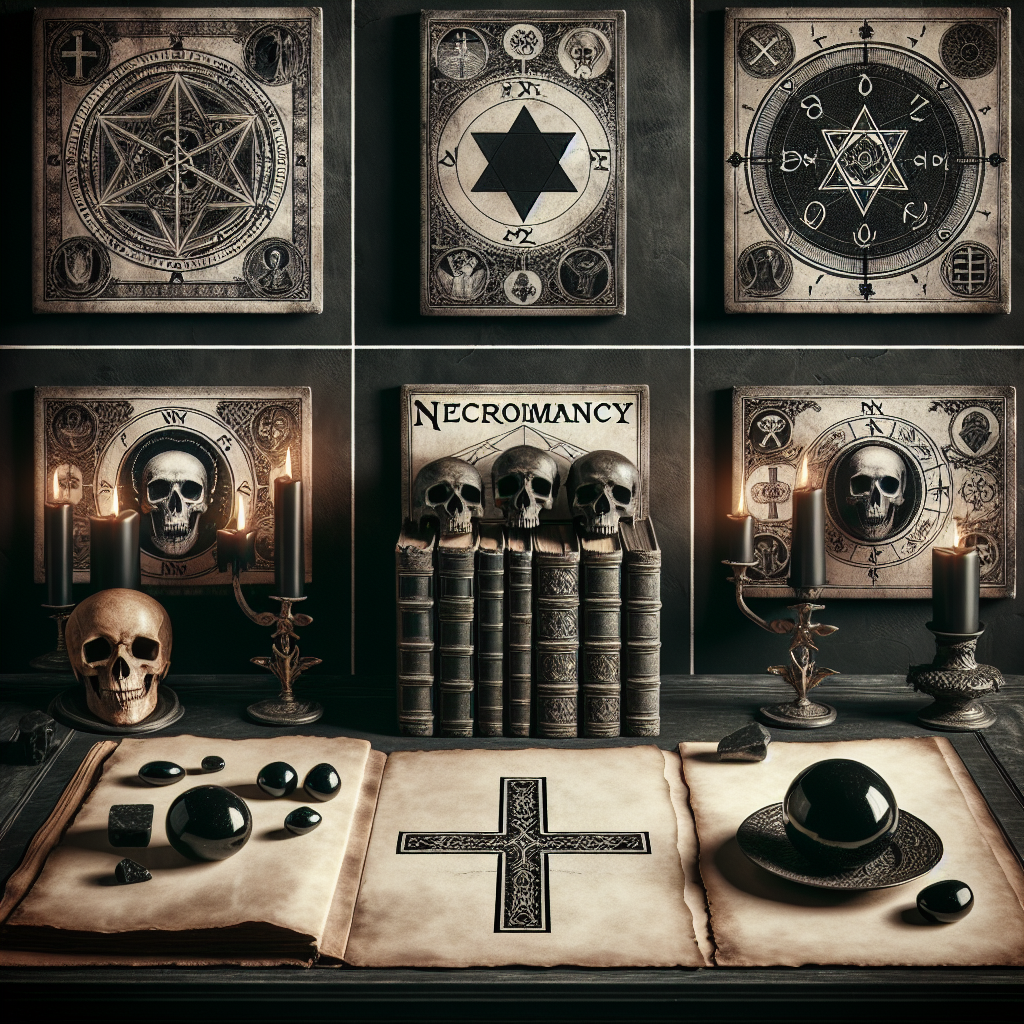Necromancy is a practice that has been shrouded in mystery and controversy for centuries. The act of communicating with the deceased or manipulating the spirits of the dead is often associated with dark magic and witchcraft in popular culture. However, the perception of necromancy varies greatly among different religions and belief systems.
In many traditional Abrahamic religions, such as Christianity, Judaism, and Islam, necromancy is considered to be a form of sorcery and is strictly forbidden. The Bible, for example, condemns the practice of communicating with spirits or the dead in Deuteronomy 18:10-12, stating, “There shall not be found among you anyone who practices divination or tells fortunes or interprets omens, or a sorcerer or a charmer or a medium or a necromancer or one who inquires of the dead, for whoever does these things is an abomination to the Lord.”
Similarly, in Islamic teachings, necromancy is considered haram (forbidden) and is seen as a form of black magic that goes against the teachings of the Quran. The Prophet Muhammad is said to have warned against seeking guidance from the dead, as it is considered to be a form of shirk (associating partners with Allah).
In contrast, some pagan and occult belief systems, such as Wicca and Druidry, have a more nuanced view of necromancy. In these traditions, communicating with the spirits of the dead is seen as a way to honor and connect with ancestors, seek guidance from the spirit world, and gain wisdom from those who have passed on. Necromancy is often viewed as a sacred and spiritual practice that can help individuals deepen their understanding of the afterlife and the interconnectedness of all beings.
Some modern practitioners of necromancy also draw inspiration from shamanic traditions, where communicating with the spirits of the dead is seen as a way to heal and bring balance to the living world. In these contexts, necromancy is seen as a form of spiritual work that can help individuals navigate grief, trauma, and loss, and connect with the wisdom and guidance of the ancestors.
Overall, the perception of necromancy in religion is a complex and nuanced issue that varies greatly depending on the cultural and spiritual context. While some faiths condemn the practice as a form of dark magic and forbidden sorcery, others see it as a sacred and spiritual practice that can help individuals connect with the wisdom and guidance of the spirit world. Ultimately, the interpretation of necromancy in religion is a deeply personal and subjective matter that is influenced by individual beliefs, cultural traditions, and spiritual practices.


Leave a Reply